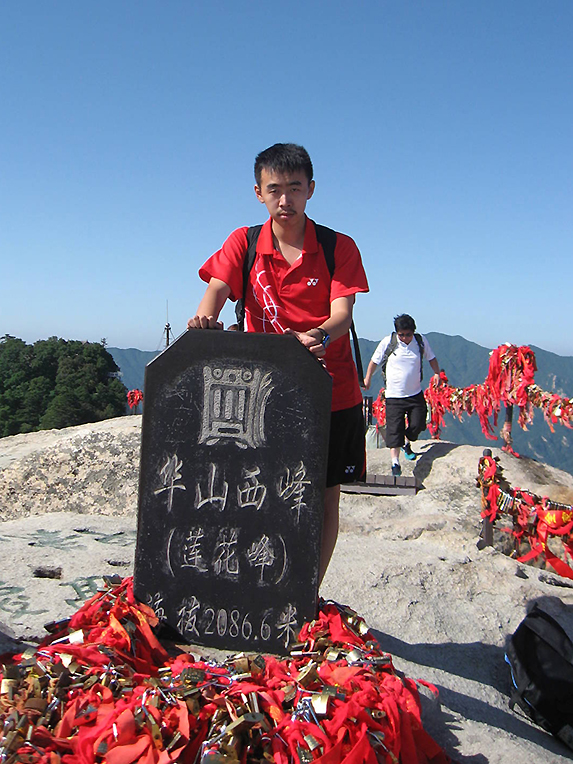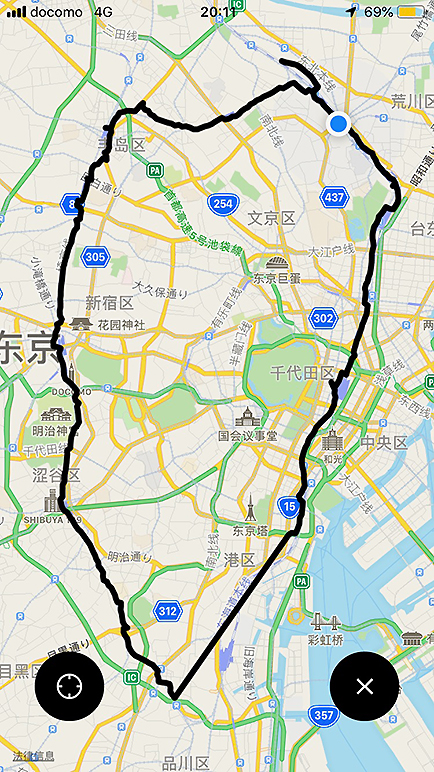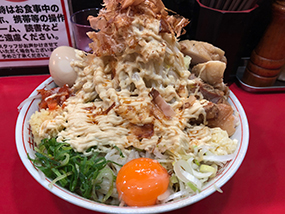 The author
The author
It is sometimes hard to tell why someone would make a particular choice. If I was asked about the reason why I chose Japan as a place to study, the first thing that would come to mind may be food. It may seem laughable, but it was really something I considered when I decided to study abroad. As a big fan of East Asian food since I was born, I thought it would be very nice if I could live somewhere where people have similar dietary habits as me, both in ingredients (for example, using rice as a staple food) and also the way of cooking.
The main reason I came to the School of Science, of course, is that it matched my research interests: as an undergraduate student in physics with an interest in programming since high school, it was very lucky for me to find a lab in the School of Science that matched my desired field of research perfectly. In Professor Todo’s group, many fields in computational physics are being covered, like Monte Carlo, tensor network, machine learning applied to physical systems, and quantum computing. You can always find someone relevant to talk with about your ideas in different fields and get helpful advice from both the professors and students in the lab. Also, the most advanced academic resources, which are lifelines of research such as academic papers and books, as well as computational resources, can be easily found and used in the School of Science.

Another thing I like about the environment in the School of Science is the distance between people. This may be too abstract to describe, but simply speaking, the School of Science is a place where you can stay alone and only focus on your own work when you would like to. In the seminars (there are many seminars that we can take part in), we can learn a lot from discussions on scientific problems. At parties, we can have a good time drinking Calpis and laughing together when someone is trying to draw a map of Japan but put the prefectures in the wrong place. Nevertheless, after these activities, it is also relaxing to stay alone, spending time on problems I am interested in, without the need to take part in events if I am not so intent to, somehow similar to my undergraduate school. This really makes life easier, at least in my point of view.
Life beyond research is also interesting when living in Tokyo. As an international student, I have been a TA for several lectures on programming. As I mentioned earlier, programming is one of my main interests, so it was a very good experience to help others learn programming. A lot of questions were asked by undergraduate students, both during lectures and via e-mail, and I had a good time solving them one by one and answering with confidence. It was also good Japanese language practice because I needed to speak in unexpected situations, and the best thing was that the topic was something I am the most familiar with, and also interested in.

Although food is one reason why I chose to live in Japan, there is a small problem in that medium or sometimes even large-sized rice or other dishes, for example in the University dining hall, seems a little small for me. I still remember there was a time when a friend from Kanagawa came to Tokyo and invited me to have a meal near the University. As I am not familiar with the restaurants, under his advice we went to a nearby ramen shop. As usual, I ordered a "large" size ramen, without noticing what would happen, and my friend kindly ordered the topping for me—although I do not remember what he said, I believe there must have been several "mashimashi" in his words—and what came to me was a big surprise: the mountain of bean sprouts with mayonnaise on the top, put in a large bowl and under which were plenty of noodles. It was a great experience to eat up such a bowl of ramen, and after that, I became a fan of this "genre" of ramen and went to eat it every time when I felt lacking in energy.
It is usually said that Japan is "easy to live in", and I learned this mostly from public transport. I remember when I came to Japan four years ago for a trip, with almost no knowledge about Japanese, I could still get everywhere on time by using convenient smartphone applications and referring to accurate timetables for a large number of railways and subways. I also remember having a great experience when I got on the train at Shinagawa, and after only one hour, I was able to see the sea up close. Although this is now a part of everyday life, I still enjoy sitting or standing on the train or subway, without thinking of anything other than imagining myself under the complex network of the traffic of Tokyo. I even made a hiking trip around the Yamanote Line in one day to see the stations and places where I have never been to, and to enjoy a relaxing time on the way. That was a great day, and I really like taking a "meaningless" trip without any thoughts about my own life, only seeing and feeling. It can be exhausting, though.
| 2020- | Doctoral student, School of Science, the University of Tokyo |
| 2018-2020 | Master's degree in Physics, School of Science, the University of Tokyo |
| 2014-2018 | Bachelor's degree in Physics, Bachelor's degree (double major) in Computer Science and Technology, Department of Physics, Peking University. |
The Rigakubu News Volume 52, Issue 5(2021)
What brought you to RIGAKUBU?>


